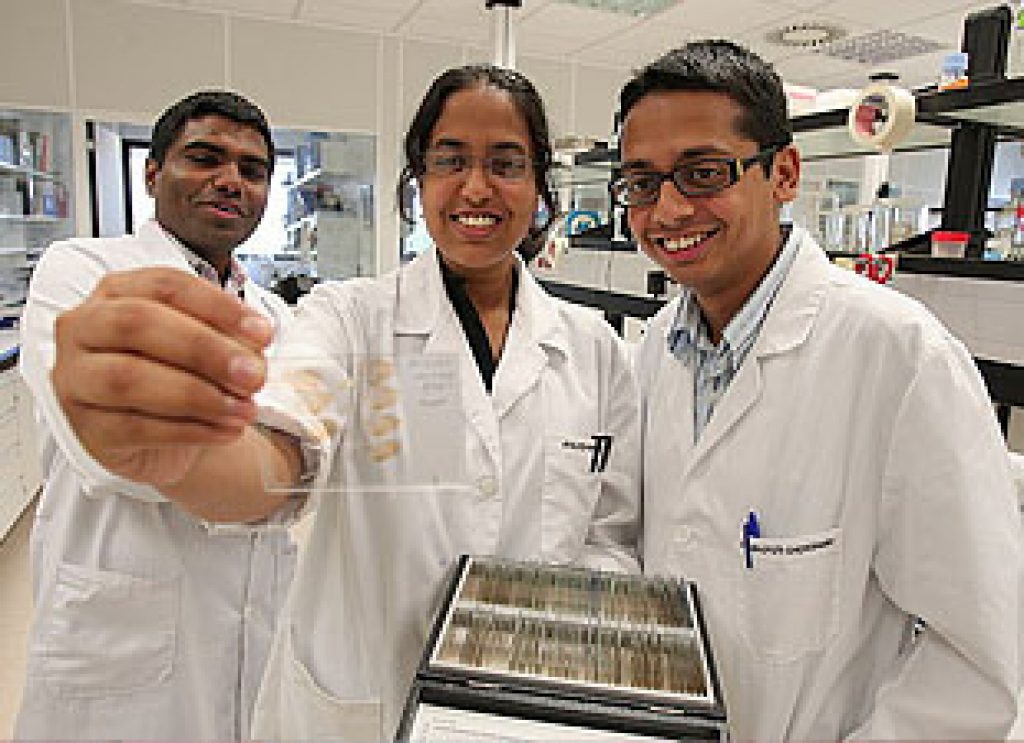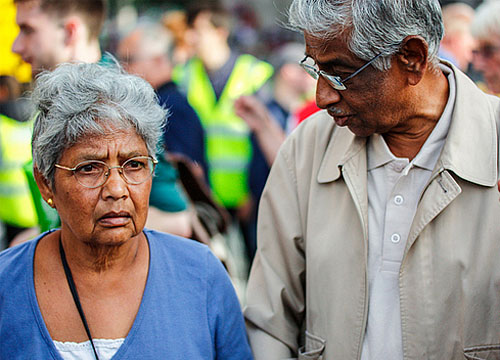
AsianScientist (Aug. 12, 2013) – Sometime late last summer, I was sitting in Professor Varun Sahni’s office at the School of International Studies, Jawaharlal Nehru University, in New Delhi. Among other things, we got to talking about higher education in India.
Varun is a former colleague from my Goa University days, where we both taught during the early 1990s soon after he returned from Oxford with a doctorate in politics. Since then, he has also been a vice-chancellor at Jammu University and has firsthand experience of India’s challenges in the higher education sector, including running a public university.
I recall that we agreed that the higher education scene was changing in some ways and there were reasons to be hopeful about the future. Other than express qualified optimism, there was something Varun said that day that stuck at the back of my mind.
“Any political party that promises to deliver good quality higher education will win the next elections and win again if it succeeds,” he declared.
I had nearly forgotten all about my chat with Varun until recently when the magazine India Today published the results of an opinion poll it conducted among 18- to 30-year-olds in ten Indian cities.
No cookies for guessing what topped the list of their main concerns! Education ranked first, beating corruption, employment and inflation.
I suspect that if a poll is carried out among Indian parents whose children are approximately in the same age group, education would still rank among the top three concerns, perhaps even first. As I have discussed in these pages before, Indian parents with college-age children are a stressed lot. Only a select few students get admitted to the handful of good colleges in the country. Most have to make do with lesser institutions which offer at best average to mediocre quality education. Despite the country’s growing prosperity over the past two decades or so, not many parents can afford to send their children to the US or Singapore.
Overall, I can think of several reasons why India’s political parties, especially the ruling Congress party, should go the extra yard or more to address the concerns of 18- to 30-year-olds and their parents.
First, parliamentary elections are due in 2014. By addressing those issues that India’s young are concerned about, the Congress can hope to secure their vote. By cooperating with the Congress (which heads a coalition government), its allies as well as opposition parties can signal to voters that they too are concerned about the future of young people and compete effectively for the same votes.
It helps a great deal that India has a large and growing pool of young population. According to estimates, by 2020, there will be 550 million people under the age of 25. Political parties should be salivating at the prospect of winning the hearts and minds of such large numbers of voters.
Second, irrespective of their ideological leanings, all political parties are concerned about economic growth. Today, India is experiencing an economic slowdown which helps no one. However, the country can hope to overcome this challenge by taking advantage of its demographic dividend – understood as the difference between the sizes of the working population relative to that of the dependent population. Any political party that can do its bit to put the country back on the road to high growth – in this case by improving higher education in a manner that reduces the current ‘skills crisis‘ and at the same time, provide meaningful employment to young Indians – can expect to gain at the polls.
I am quite certain that Varun is right – those political parties which take up the cause of higher education will be rewarded by voters. However, curiously, India’s parties are showing no real urgency to do so. India Today has reported that there is a huge mismatch between the priorities of young India and politicians with the latter busy attending to just about every other issue other than education.
To be fair, a few reforms have been approved by the government. For example, the Foreign Educational Institutions (Regulation of Entry and Operations) Bill, 2010, has been OK-ed to clear the way for the entry of foreign universities. More is needed, however, to make a real breakthrough in higher education.
There are no clear answers to why politicians do not seem particularly interested in addressing the concerns of young Indians and their parents. Students of political science are taught that one of the main differences between countries with elected governments and those without is that the former are more responsive to public concerns because they would like to be reelected. India’s democracy appears to be an exception in this regard. A new book – An Uncertain Glory: India and Its Contradictions – by Jean Drèze and Amartya Sen is not the first to expose these contradictions of India’s democracy and in showing that China’s leaders – who do not have to contest free and fair elections – have done far more than India’s elected representatives in addressing the most pressing public needs.
Pratap Bhanu Mehta, a political scientist who heads the think-tank Center for Policy Research, New Delhi, has pointed out on several occasions that it is a puzzle why India’s democratically-elected representatives are less responsive to public concerns than China’s unelected leaders.
Bookmark this page. In a forthcoming op-ed, I will try to explain and speculate on why India’s political parties have not done more in taking up the cause of higher education.
——
Copyright: Asian Scientist Magazine; Photo: Universidad de Navarra/Flickr/CC.
Disclaimer: This article does not necessarily reflect the views of AsianScientist or its staff.












